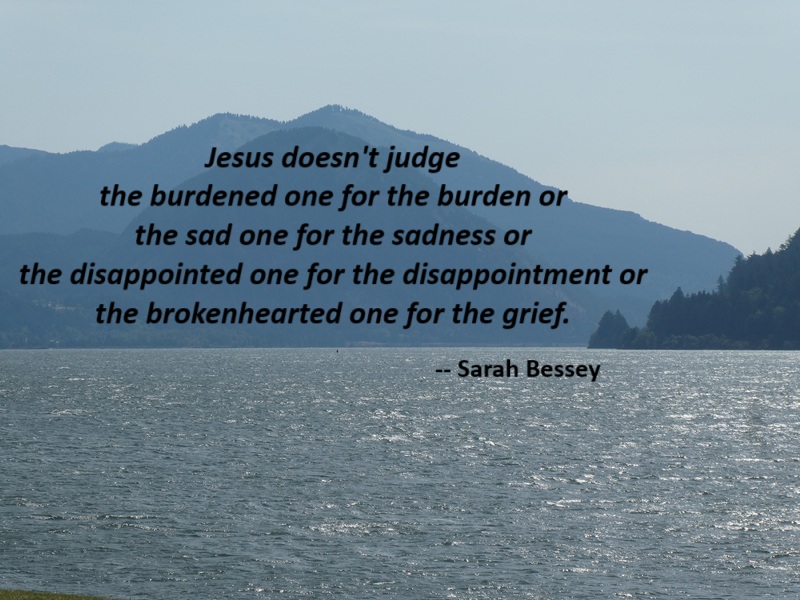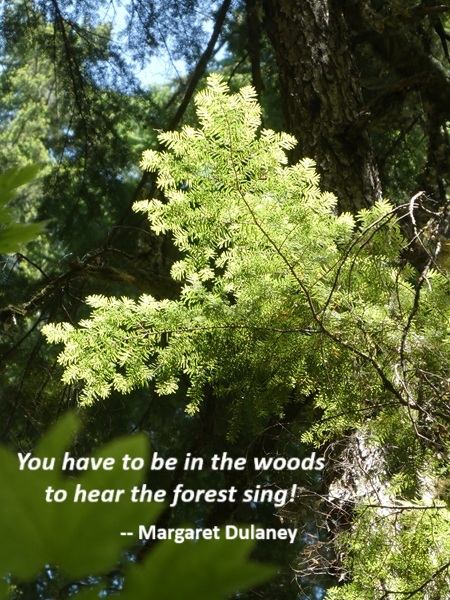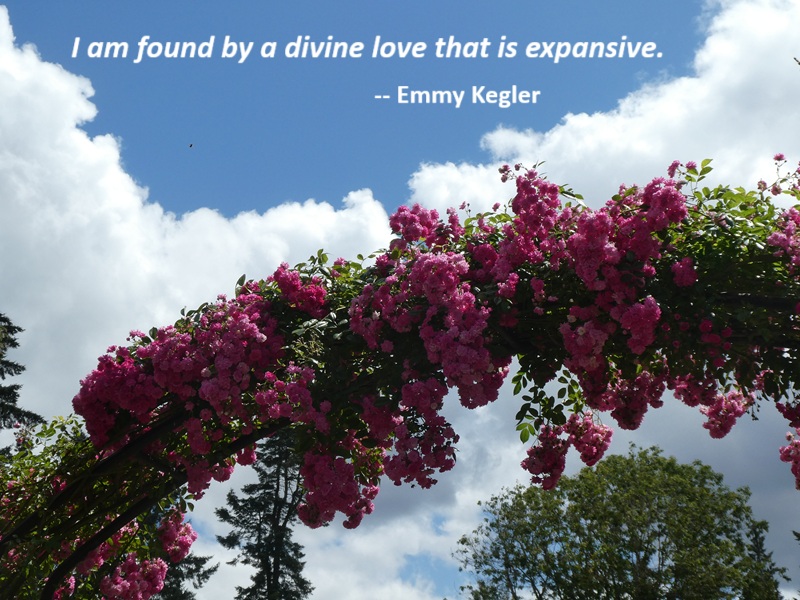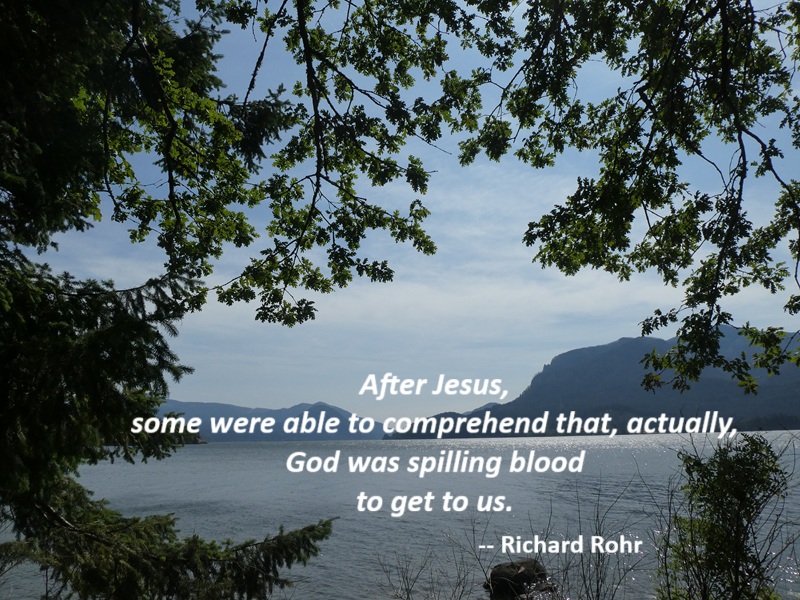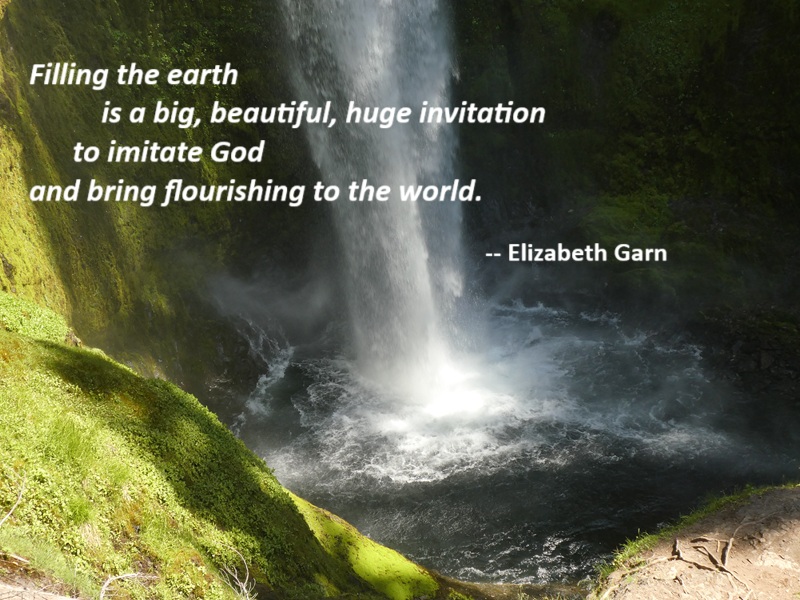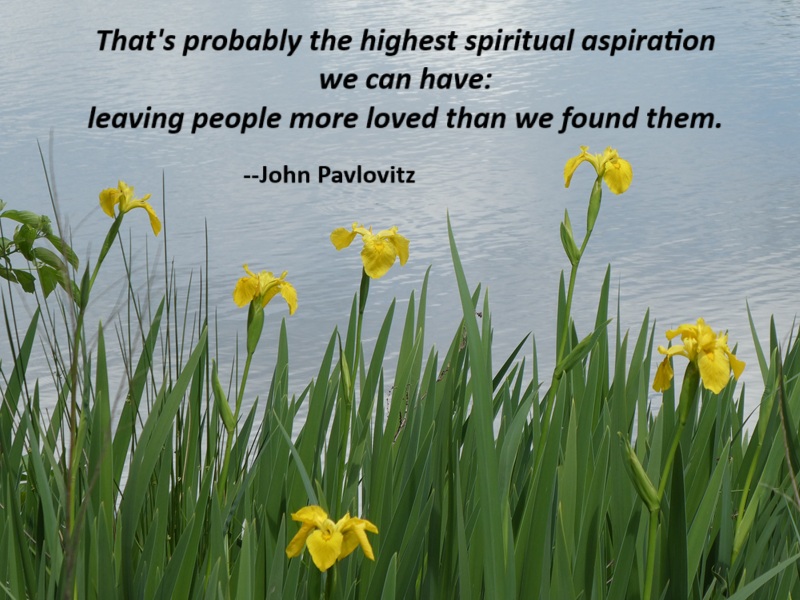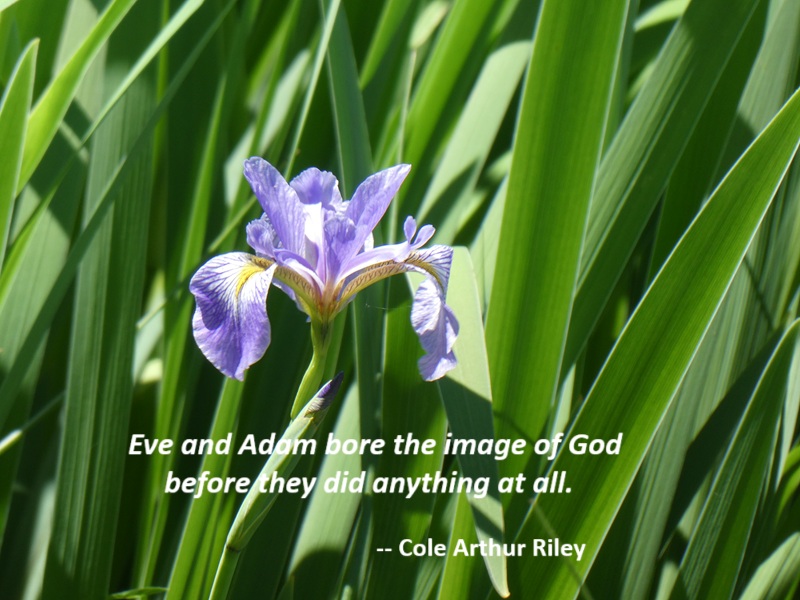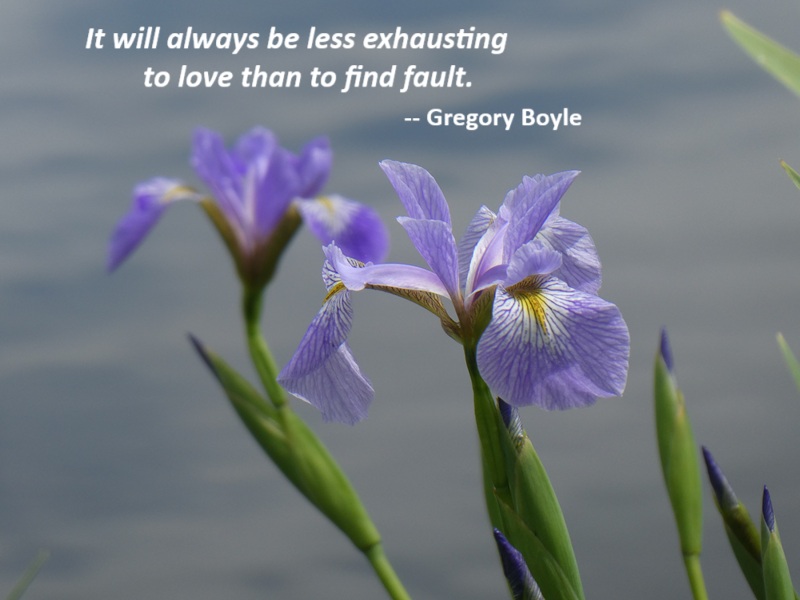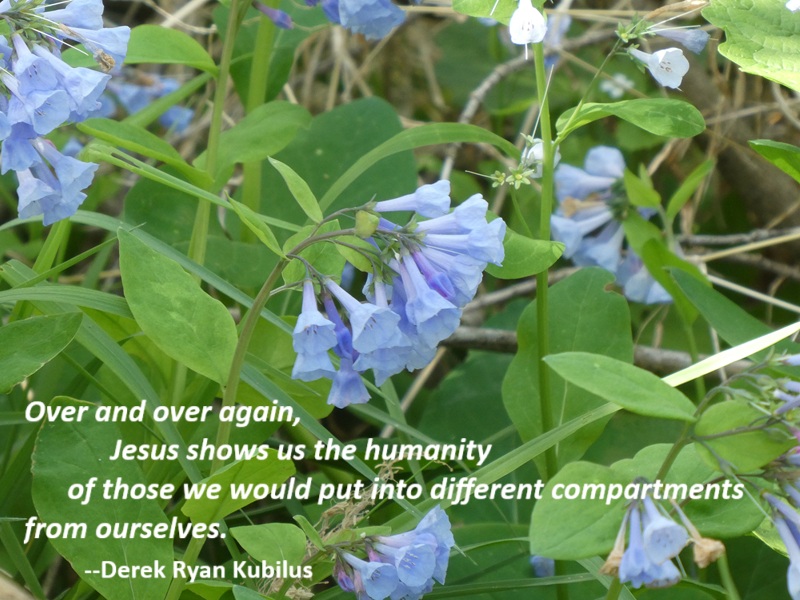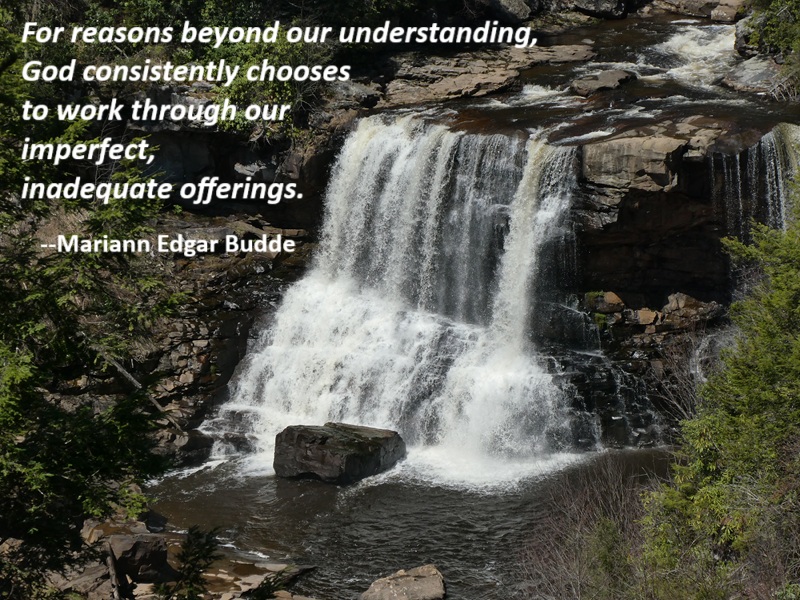Come to Me, All You Who Are Weary and Burdened
I was sturck by hearing that Jesus acknowledges our weariness and our burden, friends. Jesus doesn’t judge the burdened one for the burden or the sad one for the sadness or the disappointed one for the disappointment or the brokenhearted one for the grief. Jesus doesn’t say to you, “If you were more faithful, you wouldn’t feel like that! This is your fault – you need more quiet times, you need more work, more Bible studies, more prayer, more YouTube deep dives, more faith, you deserve this suffering, you need to put others first more! Squash those doubts and complexities! Ignore your unanswered questions and quiet devastations.”
Rather, there is a tenderness to Jesus’s words here. God acknowledges, even blesses, your weariness. It turns out that, yes, the yoke has been too heavy. It’s not all in your head.
— Sarah Bessey, Field Notes for the Wilderness, p. 21
Photo: Columbia River Gorge, June 16, 2025
